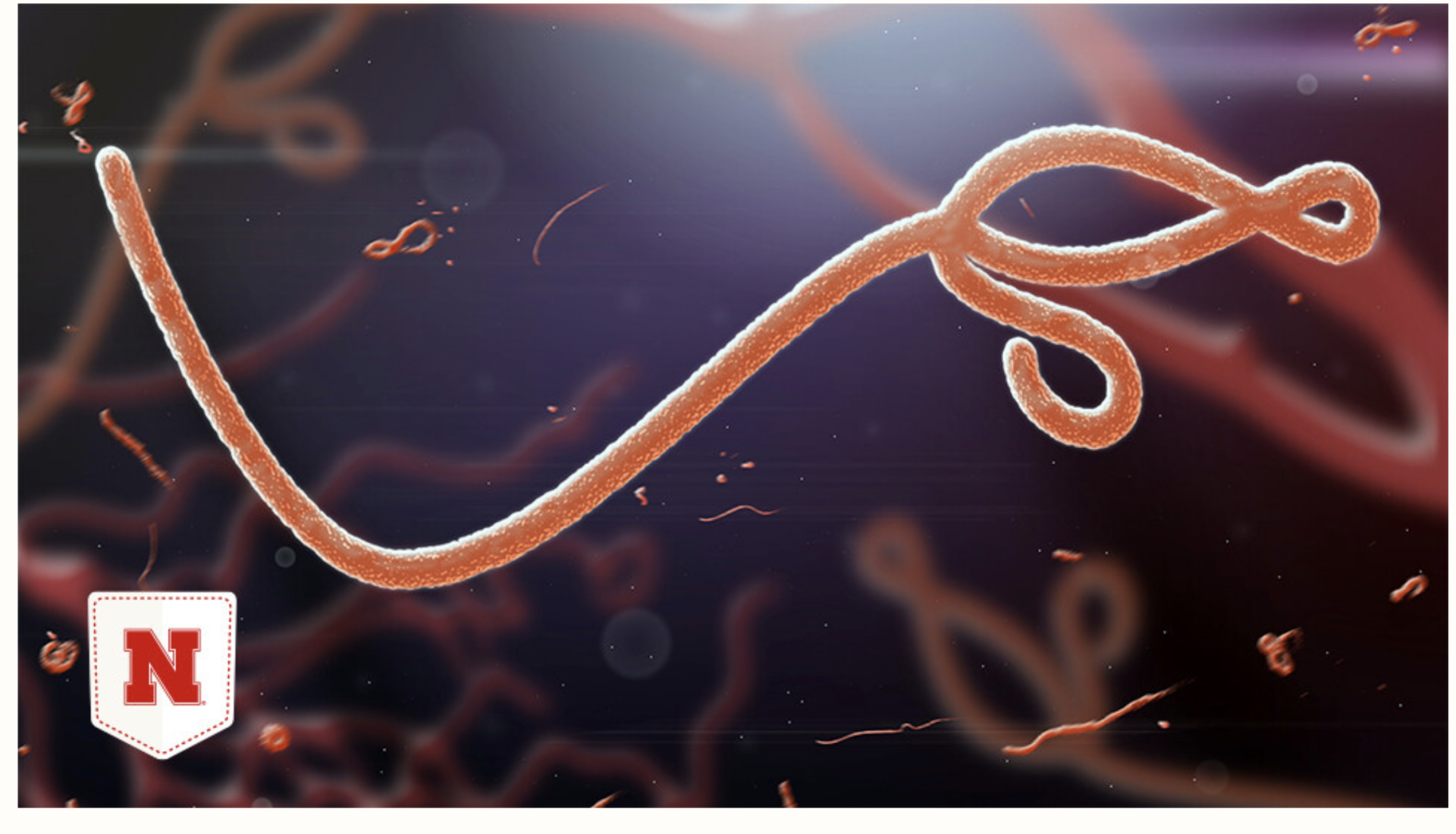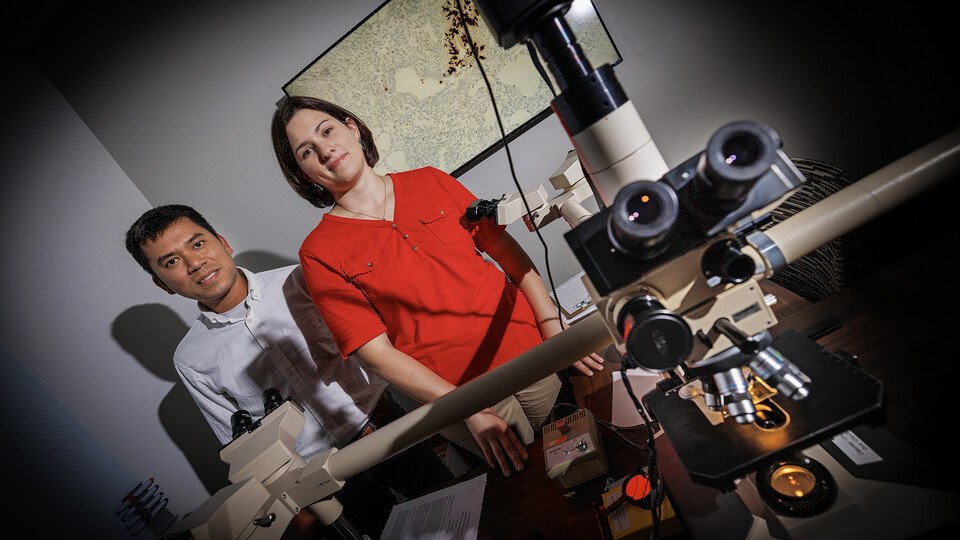Early experiments show Ebola-fighting potential of engineered bacteria
Husker scientists’ research project aims to crack code of major swine virus
Nine faculty earn named professorships
Qingsheng Li

Wiebe expands study of poxviruses, immune function
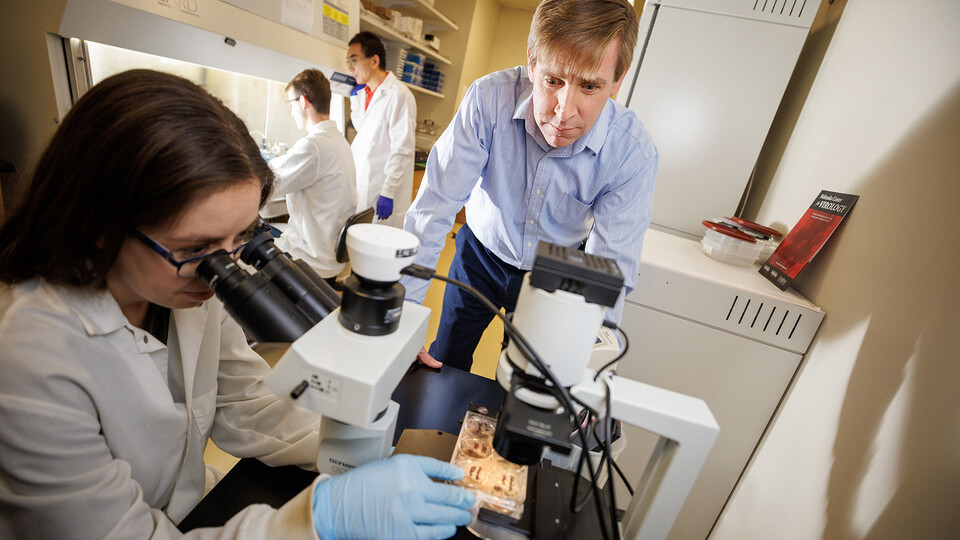
New vaccine platform could ease development, delivery of virus-fighters
Eating viruses can power growth, reproduction of microorganism
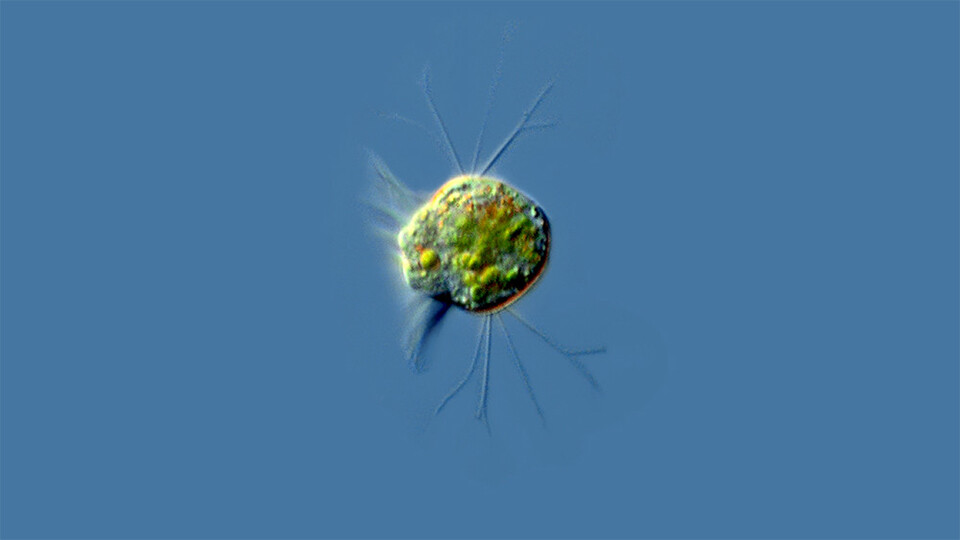 "Over the last three years, the University of Nebraska–Lincoln’s John DeLong has been diving into a potential tide-turning secret: Those virus particles are not just a source of infection, they’re also nutrition." - Scott Schrage
"Over the last three years, the University of Nebraska–Lincoln’s John DeLong has been diving into a potential tide-turning secret: Those virus particles are not just a source of infection, they’re also nutrition." - Scott Schrage
COVID-causing coronavirus following predictable mutational footsteps
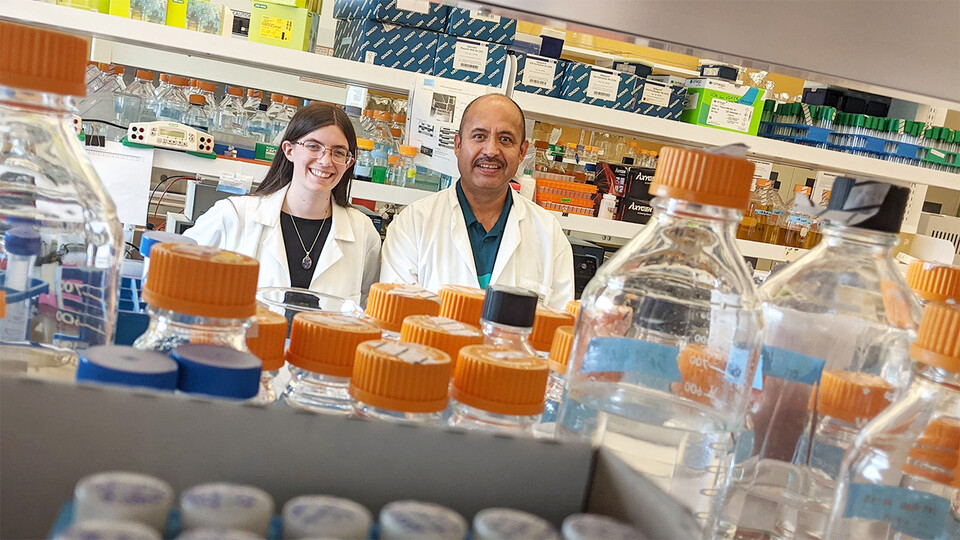
New research from the University of Nebraska–Lincoln has shown that the mutations arising in the COVID-19-causing SARS-CoV-2 virus seem to run in the family — or at least the genus of coronaviruses most dangerous to humans.
Vaccine shows signs of protection against dozen-plus flu strains

Ask Eric Weaver about pandemics, and he’s quick to point out a fact that illustrates the fleeting nature of human memory and the proximal nature of human attention: The first pandemic of the 21st century struck not in 2019, but 2009.
DHS, Husker officials discuss security of nation’s food system
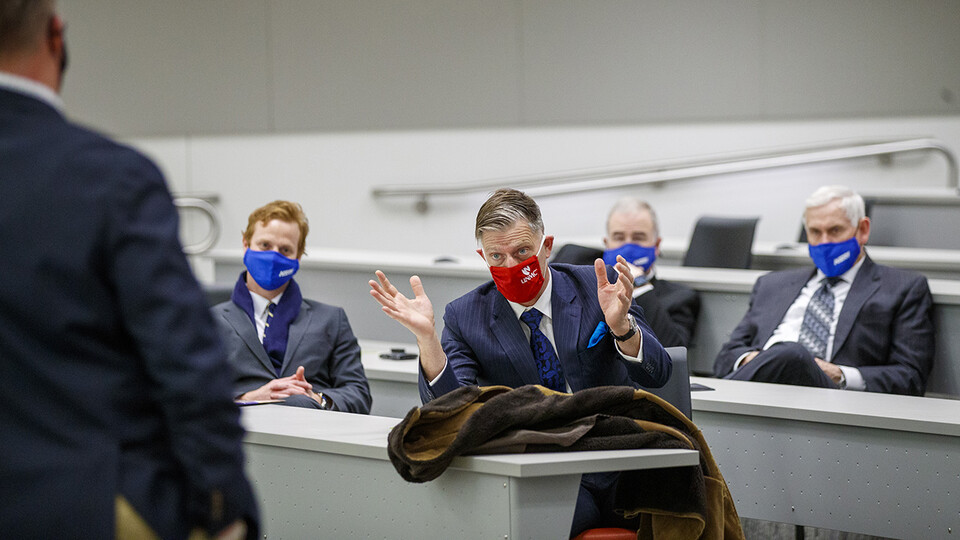
David Richardson, assistant secretary for the Department of Homeland Security’s Countering Weapons of Mass Destruction Office, visited the University of Nebraska–Lincoln on Dec. 18 to discuss the security and safety of the U.S. food system.
Researchers aim to use protein to ramp up COVID-19 antigens’ impact

In the race to produce a COVID-19 vaccine, researchers around the world are using a wide range of strategies, from first-of-their-kind mRNA approaches to tried-and-true inactivated vaccines to oral, nasal and probiotic-based formulations.
Nasal spray could mean needle-free COVID-19 vaccine
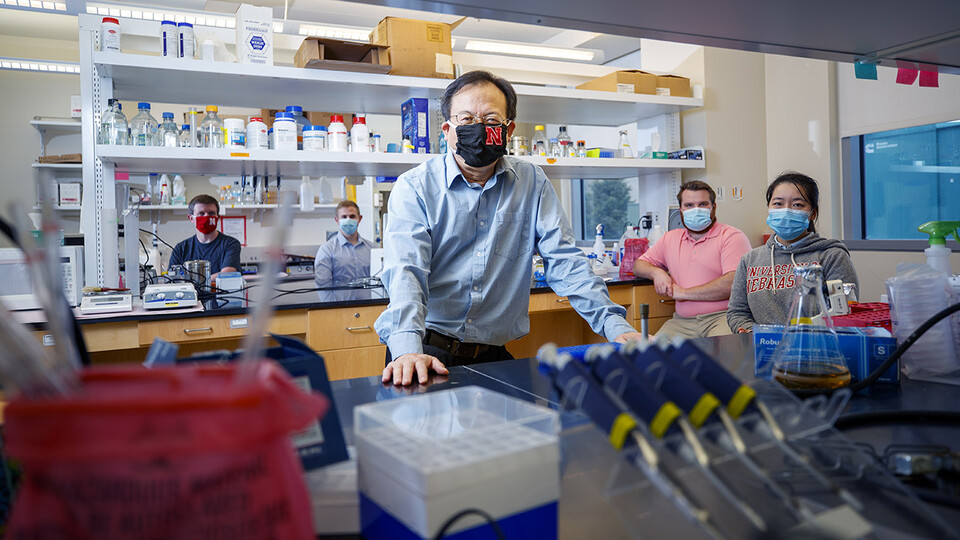
As the world eagerly awaits the debut of a COVID-19 vaccine, many of us imagine that receiving the immunization will be similar to getting the flu shot: We’ll head to the clinic, roll up our sleeve and feel a quick prick to the arm.
Search for universal flu vaccine turns to tobacco plants
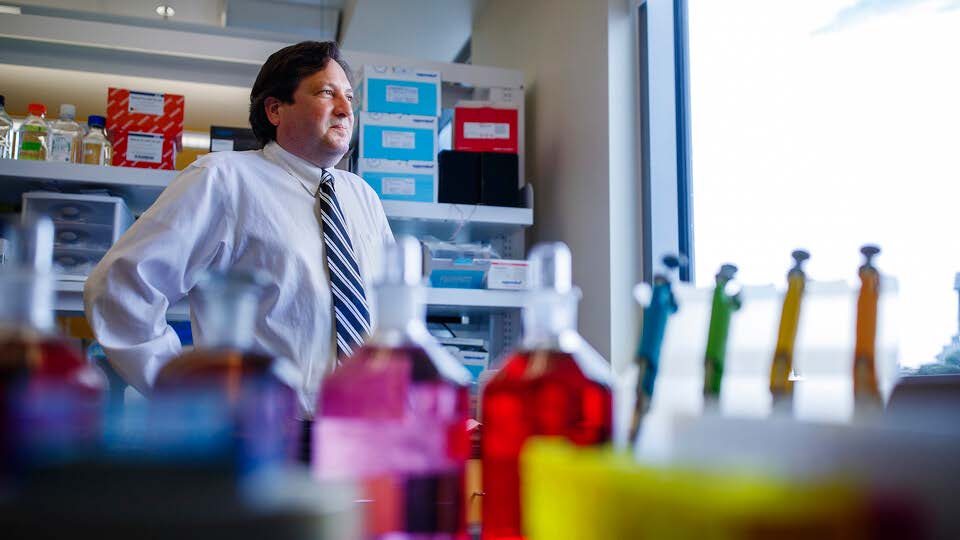
A plant typically thought of as a disease instigator may hold the key to hindering future influenza illness.
Weaver goes viral on flu, coronavirus for Faculty 101

Welcome to Faculty 101, a podcast that offers a listen into the pursuits and perspectives of Husker faculty.
Study spotlights potential culprit in relapses of multiple sclerosis
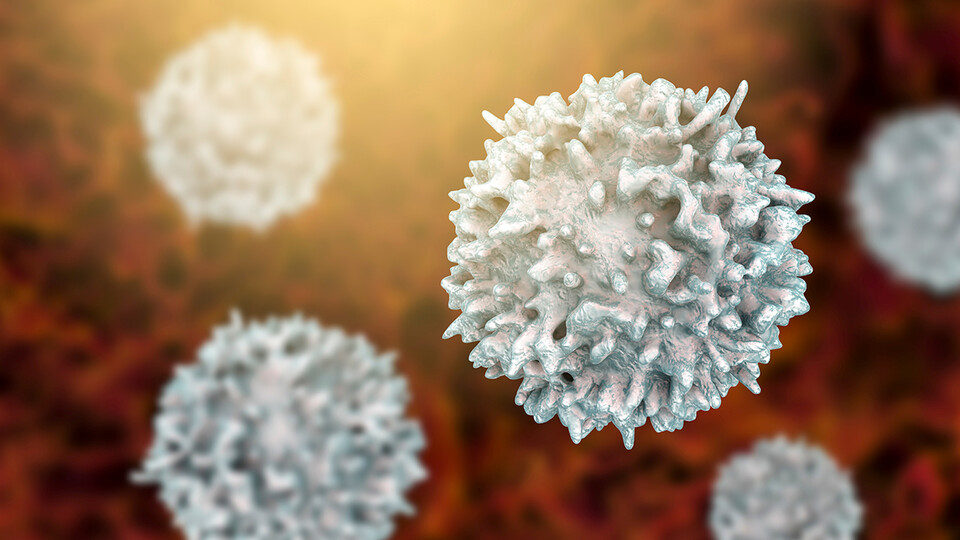
A recent study led by the University of Nebraska–Lincoln has implicated a leading suspect in two open medical cases: the common recurrence of multiple sclerosis and the fuzzy thread tying MS to mononucleosis.
Nebraska duo eyes end to costly swine diseases
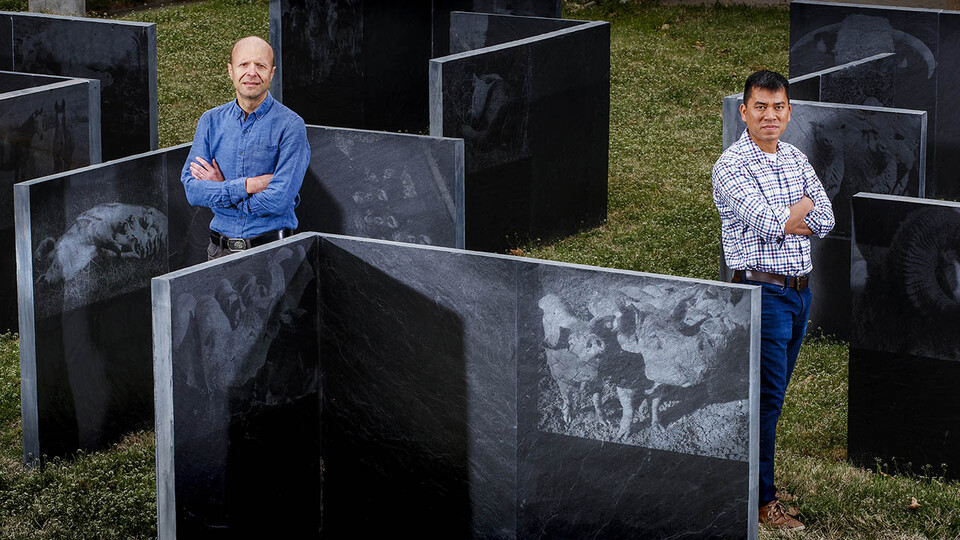
Two University of Nebraska–Lincoln researchers have received $1 million in grant funding to continue research that could lead to the development of vaccines and genetic-selection tools to fight some of the world’s costliest swine diseases.
Advance could expand vaccine’s protection against respiratory disease
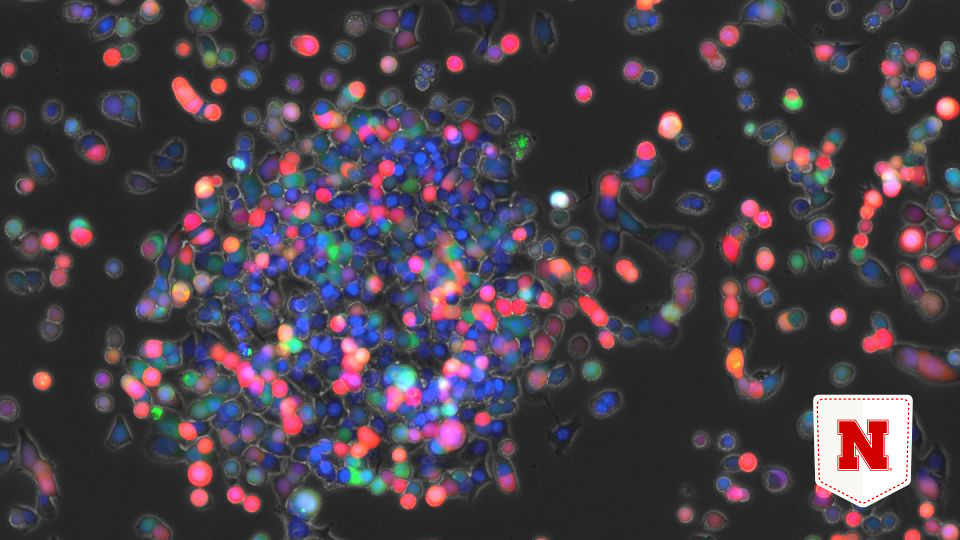
Welcome to Pocket Science: a glimpse at recent research from Husker scientists and engineers. For those who want to quickly learn the “What,” “So what” and “Now what” of Husker research.
Link between cervical microbiome and cancer discovered
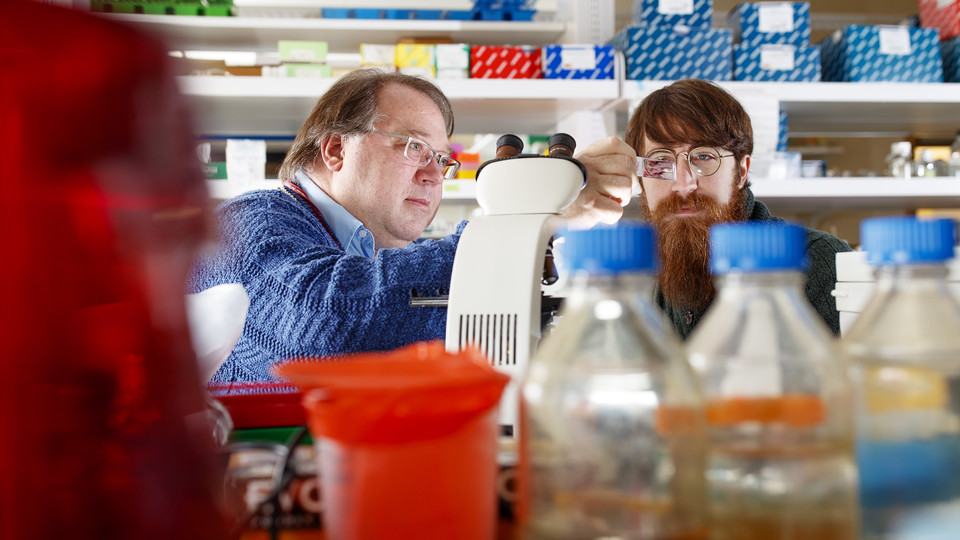
Bacteria may play an important role in whether a woman develops cervical cancer, according to global health research newly published by scientists from the University of Nebraska–Lincoln and the Ocean Road Cancer Institute in Dar es Salaam, Tanzania.
Nebraska virologists discover safer potential Zika vaccine
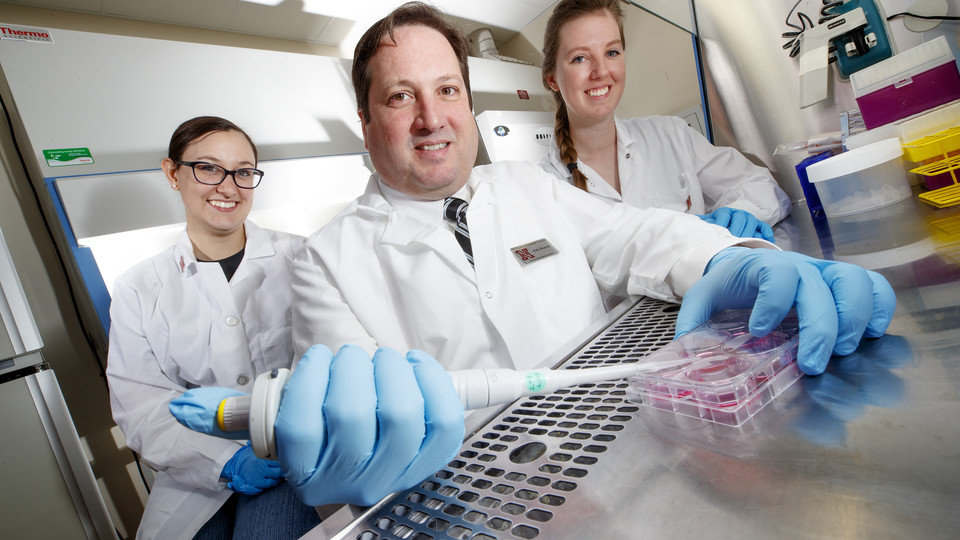
University of Nebraska–Lincoln researchers may have identified a vaccine that would defend against Zika virus without producing antibodies.
Study confirms simian ancestors of HIV can infect human cells

No one knows exactly how it happened. It may have entered through a cut or bite wound, the blood of a chimpanzee seeping into an exposed fingertip or forearm or foot.
Dr. Asit Pattnaik interviewed by 10/11 about Zika virus
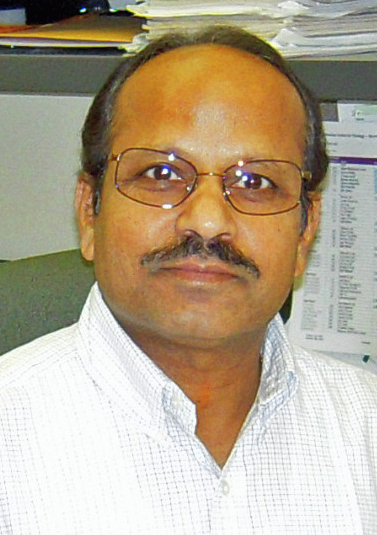
The Zika Virus has been around since the 1940s, generally in Africa, but it has not been studied in depth. Now though, researchers are hitting the ground running as the virus has spread like wildfire through areas in South and Latin America, and over the last several weeks, multiple cases have been reported.
Nutech Ventures - Breakthrough of the Year
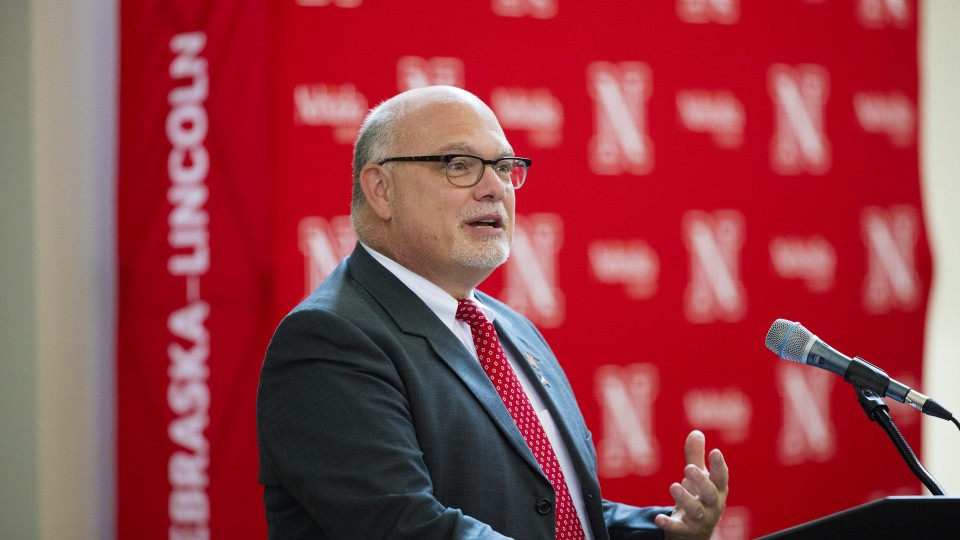
The Breakthrough Innovation of the Year award, which was presented to Hiep Vu, Fernando Osorio, Asit Pattnaik and Fangrui Ma for their PRSS Vaccine. The PRSS Vaccine creates a method for the development of a porcine reproductive and respiratory virus vaccine strain capable of inducing broad protection. Current vaccines on the market only protect against a specific strain of the virus, which costs the swine industry more than $640 million a year.
